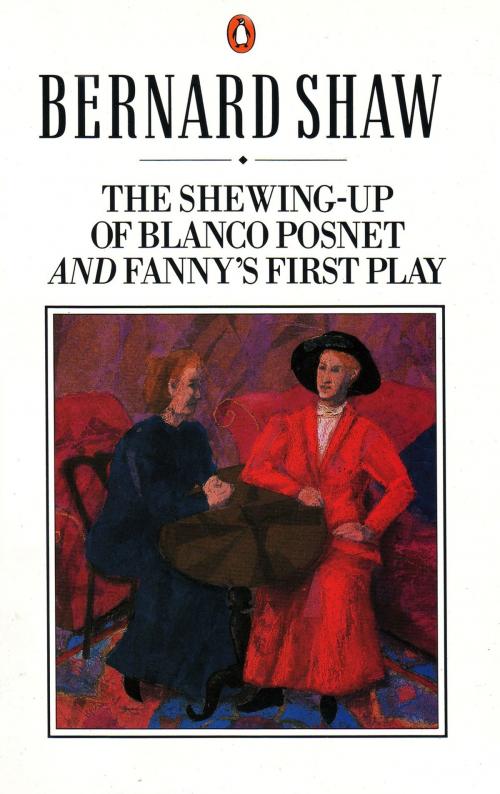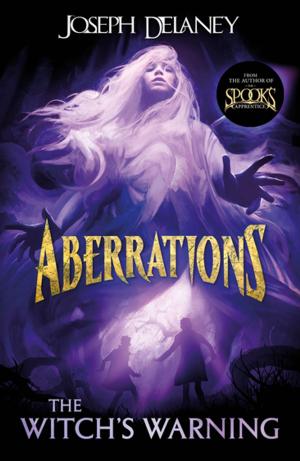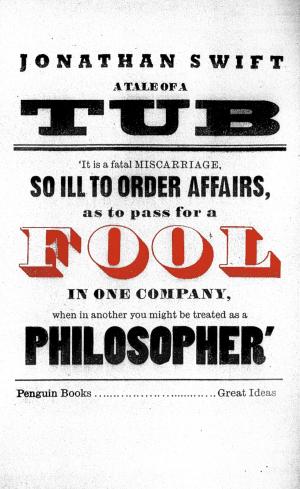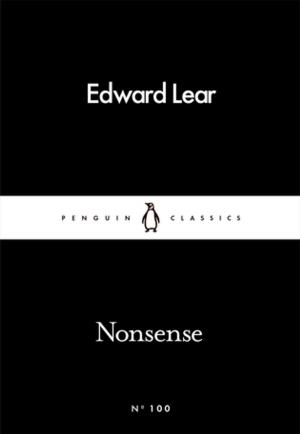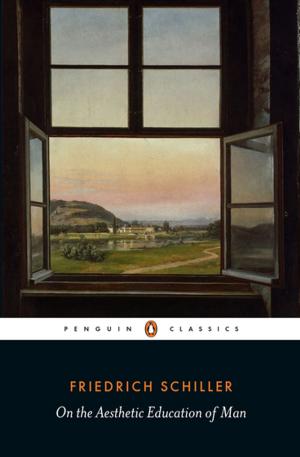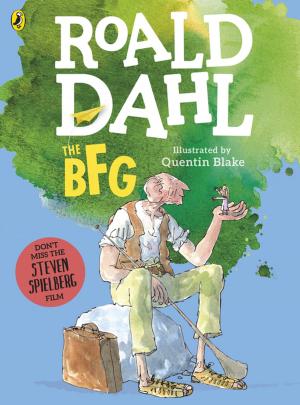The Shewing-up of Blanco Posnet and Fanny's First Play
Fiction & Literature, Drama, British & Irish, Nonfiction, Entertainment| Author: | Dan Laurence, George Bernard Shaw | ISBN: | 9780141963693 |
| Publisher: | Penguin Books Ltd | Publication: | May 26, 1994 |
| Imprint: | Penguin | Language: | English |
| Author: | Dan Laurence, George Bernard Shaw |
| ISBN: | 9780141963693 |
| Publisher: | Penguin Books Ltd |
| Publication: | May 26, 1994 |
| Imprint: | Penguin |
| Language: | English |
‘A tearing, flaring, revivalist drama’ was how Desmond MacCarthy described The Shewing-up of Blanco Posnet. Set in America’s Wild West and aptly subtitled ‘A Sermon in Crude Melodrama’, this single-act play concerns the conversion of a horse thief desperate to ‘keep the devil’ in him and die game. Published in 1909, it brought Shaw into conflict with the Lord Chamberlain of England, who banned it on the grounds of alleged blasphemy, and it was twelve years before the play was performed in a London theatre. In an interview Shaw commented, ‘I am sorry that Fanny’s First Play has destroyed the cherished legend that I am an unpopular playwright … for the first time I have allowed a play of mine to run itself to death … And the worst of it is it will not die.’ First performed in 1911, the play is a delightful farce in which Shaw debates some of his favourite subjects: middle-class morality, marriage, parents and children and women’s rights. And, deliberately concealing his authorship, Shaw took the opportunity to satirize contemporary drama critics who, he claimed, ‘do not know dramatic chalk from dramatic cheese when it is no longer labelled for them.’
‘A tearing, flaring, revivalist drama’ was how Desmond MacCarthy described The Shewing-up of Blanco Posnet. Set in America’s Wild West and aptly subtitled ‘A Sermon in Crude Melodrama’, this single-act play concerns the conversion of a horse thief desperate to ‘keep the devil’ in him and die game. Published in 1909, it brought Shaw into conflict with the Lord Chamberlain of England, who banned it on the grounds of alleged blasphemy, and it was twelve years before the play was performed in a London theatre. In an interview Shaw commented, ‘I am sorry that Fanny’s First Play has destroyed the cherished legend that I am an unpopular playwright … for the first time I have allowed a play of mine to run itself to death … And the worst of it is it will not die.’ First performed in 1911, the play is a delightful farce in which Shaw debates some of his favourite subjects: middle-class morality, marriage, parents and children and women’s rights. And, deliberately concealing his authorship, Shaw took the opportunity to satirize contemporary drama critics who, he claimed, ‘do not know dramatic chalk from dramatic cheese when it is no longer labelled for them.’
